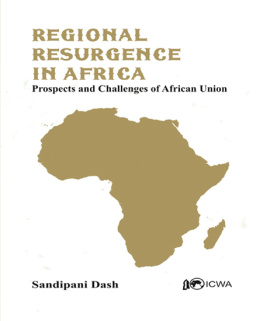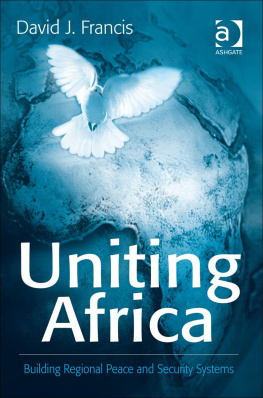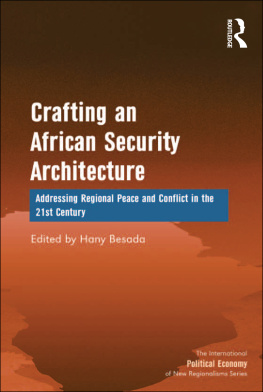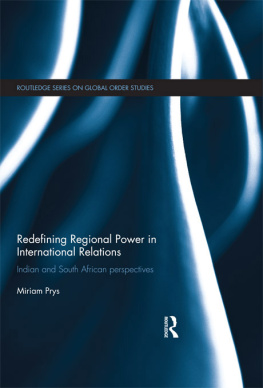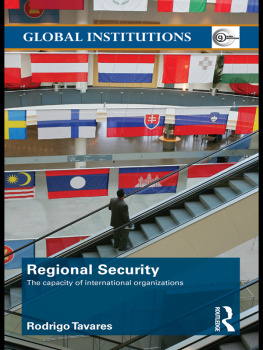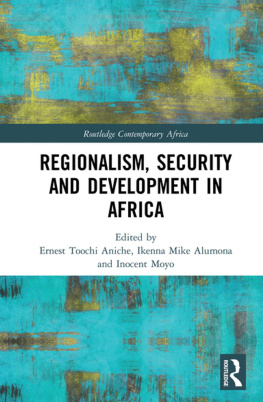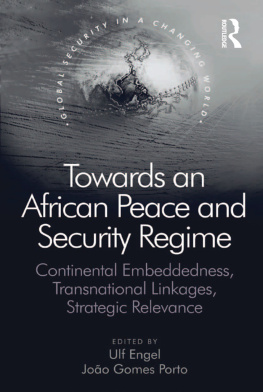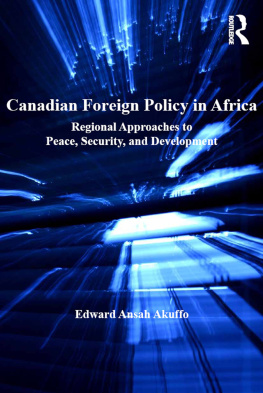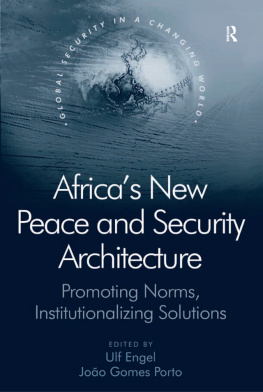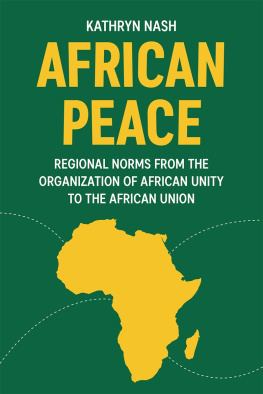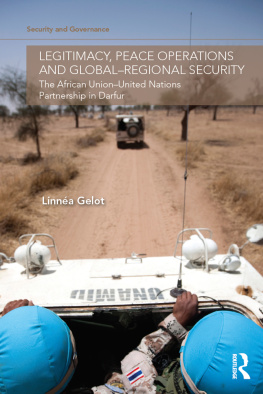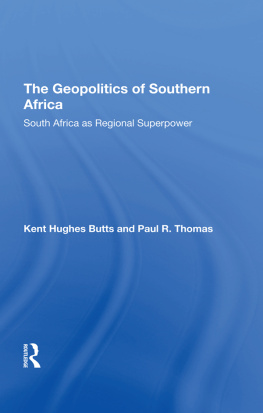Published by
Vij Books India Pvt Ltd
(Publishers, Distributors & Importers)
2/19, Ansari Road
Delhi 110 002
Phones: 91-11-43596460, 91-11-47340674
FAX: 91-11-47340674
e-mail: vijbooks@rediffmail.com
web : http://www.vijbooks.com
Copyright 2017, Indian Council of World Affairs (ICWA)
ISBN: 978-93-85563-74-4 (Hardback)
ISBN: 978-93-85563-75-1 (ebook)
Price : 795/-
All rights reserved.
No part of this book may be reproduced, stored in a retrieval system, transmitted or utilized in any form or by any means, electronic, mechanical, photocopying, recording or otherwise, without the prior permission of the copyright owner. Application for such permission should be addressed to the publisher.
The views expressed in this book are of the author/contributors in their personal capacity and do not represent the views of the ICWA.
Printed and bound in India
Preface
The regional identity formation is underpinned by a process that involves a group of states and people identifying a set of common problems linked to their geographic space and finding solutions to these problems somewhere in between individual state initiative and the larger global intervention. The regional communitys assertion of its own identity is, many a time, perceived as a response to the categorization it is historically subjected to by the extraregional powers which are entrenched in the region.
Regional resurgence in Africa is a process of self-construction of identity and its institutional manifestation is reflected in the African Unions (AU) evolution based on the premise of African solution to the African problem. A continent wide grouping of as many as 54 member states, the regional institution has completed fifty years of its existence, with formation of the Organisation of African Unity (OAU) in 1963 and its reformation into the AU in 2002, demonstrating phenomenal resilience and resurgence.
Celebrating the 50th Anniversary of the OAU-AU, African leaders declared 2013 to be the year of Pan-Africanism and African Renaissance in order to provide an opportunity to reflect on its past, re-kindle its ideals and plan for better future of Africa and its people. They agreed upon a strategic framework Agenda 2063 envisaging socio-economic transformation of the continent over the next 50 years. It builds on, and seeks to accelerate the implementation of past and existing continental initiatives developed at national, regional and continental levels to ensure growth and sustainable development.
The transition from the OAU to the AU is based on the ideational shift from secretive sovereignty to collective sovereignty. The AU has consequently institutionalized African Peace and Security Architecture (APSA) and African Governance Architecture (AGA). While APSA concerns peace and security matter of the continent, AGA is the overall political and institutional framework for the promotion of good governance in Africa. Given the exclusive emphasis put on the APSA, there is now a realization for creating synergies between the AGA and the APSA.
A careful scrutiny of the existing literature on the AU indicates that any holistic academic exercise of the subject is a rarity. The research project has tried to fill this analytical gap, by looking at the issue of Pan-African Regionalism from a comprehensive security perspective. It has also contextualized three levels (security, political and economic) of engagement between AU and India under wider canvas of AUs interface with the extra-regional powers.
The research objectives of the project are fourfold: a) to understand AUs interrelationship with the African state system, b) to evaluate AUs approach towards existing and emerging faultlines in Africa, c) to assess AUs interrelationship with other regional groups across the African continent, and d) to explore the contours, constraints and capacities of the interface among the AU leadership, its member countries and the emerging extra-regional powers, including India.
The corollary research questions are: a) What is the nature of interrelationship between AU and the African state system? b) How is AU responding to African fault lines such as ethnic, religious, political, security, economic and strategic? c) How is AU negotiating with other regional groups across the African continent? d) What is the nature of interface between AU and India under wider context of extra-regional powers interests in Africa?
The AU is perceived as a Pan-African entity with its mandate for comprehensive security in the continent, implying its pursuit of three security objectives: resolution of armed conflicts, political stability and economic security. The investigative exercise of the project is based on content analysis method. While the historical part of the analysis draws upon secondary sources (literature on Pan-Africanism and OAU), the contemporary part of the study uses both primary and secondary sources (official documents of and literature on AU). The case studies on territorial, political and economic security concerns are undertaken.
In pursuance of this study, a field work is undertaken for a interaction with concerned policy makers, analysts and academic experts based in AU headquarters, Organization for Social Science Research in Eastern and Southern Africa, Institute for Peace and Security Studies, Addis Ababa University and Wolkite University in Ethiopia.
The AUs interrelationship with the state system, existing and emerging social faultlines, and the multiple regional processes in Africa are interrogated. The findings of this analysis are used to explore the scope for policy improvisation pertaining to the interface among the AU, its member countries and the emerging extra-regional powers, including India.
Chapter 1
Pan-African Security Architecture: AUs Role and Responsibility
T he regional identity formation is underpinned by a process that involves a group of states and people identifying a set of common problems linked to their geographic space and finding solutions to these problems somewhere in between individual state initiative and the larger global intervention. The regional communitys assertion of its own identity is, many a time, perceived as a response to the categorization it is historically subjected to by the extra-regional powers which are entrenched in the region. Regional resurgence in Africa is one such process of self-construction of identity and its institutional manifestation is reflected in the African Unions (AU) evolution based on the premise of African solution to the African problem. A continent wide grouping of as many as 54 member states, the regional institution has completed fifty years of its existence, with formation of the Organisation of African Unity (OAU) in 1963 and its reformation into the AU in 2002, demonstrating phenomenal resilience and resurgence.
Keeping this in perspective, the chapter has reviewed the historicity of Pan-African movement that has led to the evolution of continental level security architecture. It has consequently assessed on the AUs role and responsibility as a comprehensive security provider in Africa.
Understanding a Region
Region is a complex concept with definitional multiplicity. Two significant features which lend meaning to a region are: (a) geographical proximity and (b) patterns of relations or interactions which posit a degree of regularity and intensity. While the first focuses on the physical dimensions of the region; Regional construction in Africa, having an intense anti-colonial engagement, can be understood in the wider notion of Southern Regionalism.

